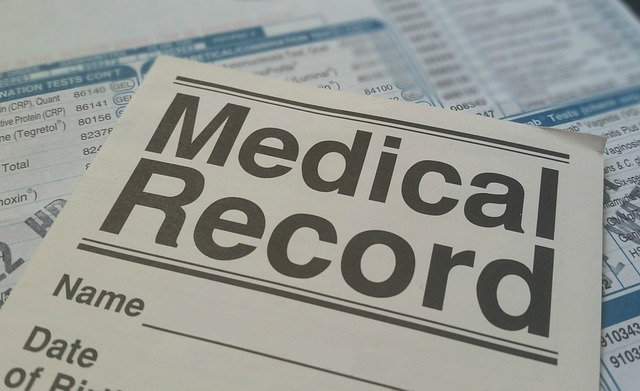Hospital discharge: know the facts
A hospital stay can be a worrying and, on occasion, a confusing time for you and your loved one. We’ve put together some handy facts about what to expect from the hospital discharge process, information on the choices available and advice so you can help the process run smoothly.
Planning ahead
When someone is getting hospital care that’s been planned in advance, planning for their discharge should start before they go into hospital. If the visit is unplanned then within 24 hours of a person’s arrival in hospital a treatment plan will be developed which will include proposals for the discharge process. Each hospital will have its own policy for discharging patients and you can speak to the ward manager or professionals in charge of your loved one’s care in order to obtain a copy. This document will help you to start thinking about what will happen to your loved one following a hospital stay.
Carers and, when appropriate, patients should be involved at all stages of hospital discharge planning. As a carer, if the person you look after gives their permission, you should be kept informed throughout the process, and have your views and concerns listened to. Guidance states that you and the person you care for should “be involved during each step of discharge planning, given good information, and helped to make care planning decisions and choices”.
NHS Choices notes that a person shouldn’t be discharged from hospital until all of the following criteria have been fulfilled:
- Determination from a consultation that the person is medically fit (this can only be decided by the consultant or someone the consultant has said can make the decision on their behalf)
- An assessment of the person’s needs, living environment and support network
- Development of a written care plan that records these requirements and that sets out the support the person will receive to meet their assessed needs.
- The support described in their care plan has been put in place and confirmation that any required services are set up in time for the discharge
- A system for monitoring and, if necessary, adjusting the care plan to meet any change in needs is available
- An assessment to see if the person qualifies for NHS continuing health care (find out more here)
Care Plan
Often older people will need additional care following a hospital stay and you might have concerns about what will happen when they leave the ward. The discharge process will identify those needs and the types of support in someone’s care plan will depend on this assessment. A care plan could include:
- NHS continuing healthcare – This is care that’s provided free of charge to people who have very severe and complex healthcare needs. If it seems that the person you look after may be eligible, an assessment for NHS continuing healthcare must be carried out before any assessment for local authority community care services.
- Care and support that’s paid for privately – This may be an option if the person you look after isn’t eligible for help from their local authority, or would rather pay for their own care. It could include care in the home from a personal assistant or paid carer, or residential care.
- Intermediate care – This is short-term care that’s provided free of charge for people who no longer need to be in hospital but may need extra support to help them recover. It lasts for a maximum of six weeks and can be provided in someone’s home or in a residential setting.
- Support from voluntary agencies – Some organisations such as Age UK and the Red Cross provide “home from hospital” services that can help with household tasks or shopping while someone is settling in back at home.
- NHS funded nursing care – People who need care in a nursing home can get a payment from the NHS to help with the cost of this.
You can find out more about drawing up a care plan for those leaving hospital here.
Care choices
In most areas, Local Authorities are offering people who need care the opportunity to choose what care services they receive. There are options, known as ‘Self-Directed Support’ or ‘Personalisation’, which are designed to offer greater flexibility, choice and control of the social care funding available to you. The options include Direct Payments, Personal Budgets and Individual Budgets. For more information about financial support after leaving hospital, see the NHS Choices website here.
Comfort Keepers offer a range of hospital discharge services that can help smooth the transition process from hospital to the home. Our care workers are available to act as a surrogate family member in order to take care of your loved one during this important time. Our services include:
- Meeting the client at the hospital and/or making arrangements to ensure the client gets home from the hospital in a safe and timely manner
- Developing a care plan that will incorporate instructions from the medical staff
- Ensuring that the client has all their medication, patient notes, instructions etc.
- Preparing the home for the client’s arrival and settling the client in
- Setting up and coordinating any required exercise programme, recovery programme or visits with other professionals
Whatever level of care and support might be needed during the discharge process, we are available to help. With a simple phone call we are able to assess your loved one’s needs and put together an individual care plan, call us now on 01903 691762.

